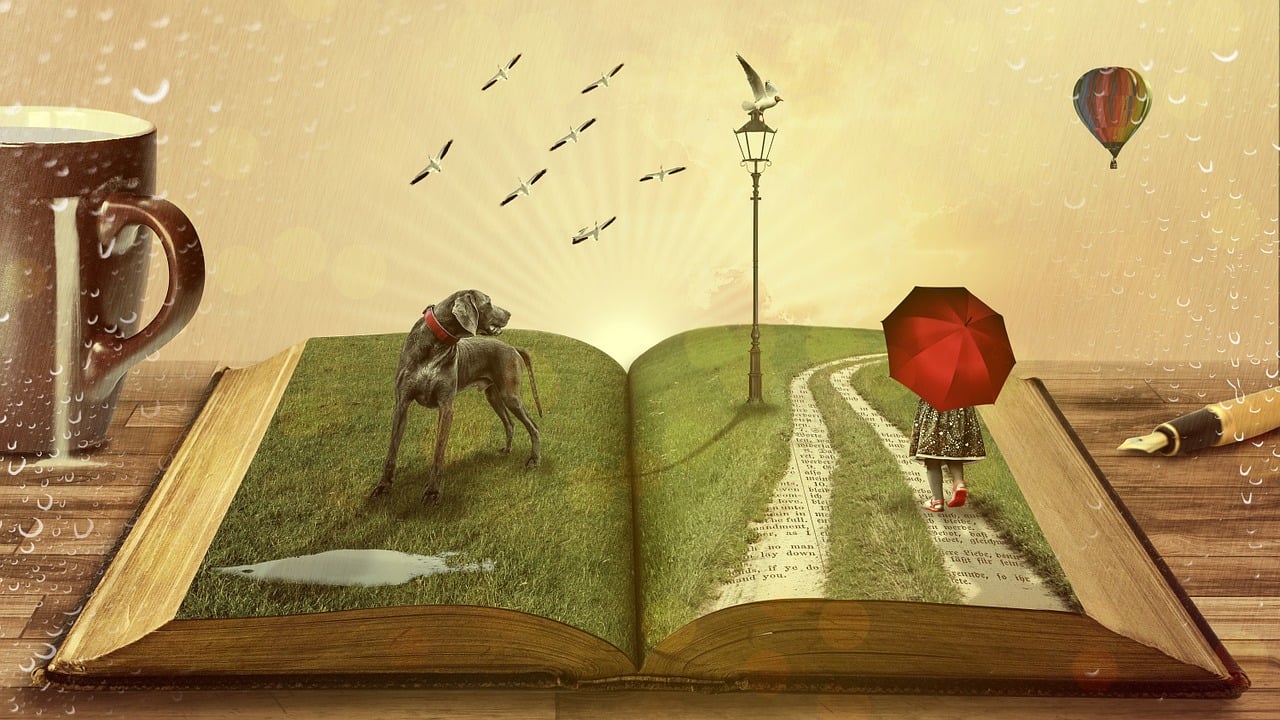Stories are what connect us. Stories let us know that we are not alone, that others have been where we are now or want to go where we are going. Stories help us understand our past and help us understand our present. Stories come in so many different forms–the written word, music, movies, podcasts, pictures. A quilt can tell a story. So can wood carvings. And murals.

Libraries play a pivotal role in helping us find each other and ourselves through stories. Storytime at the library for young children is a staple and a time-honored tradition. Ghoting writes that
Skillful, thoughtful storytime practitioners are key to the role libraries can play as anchor institutions within a broader community learning infrastructure. When storytime providers are intentional in supporting early literacy, interact with participants, and take time to assess their programs, then early literacy behaviors increase.
And there are many highly trained librarians who offer guidance and tips about how to pack the most educational nutrients possible into these cheerful, energetic sessions.

Some libraries have even begun to offer these beloved programs for adults, either via live in-person sessions, or sometimes virtually.
An innovative and inspiring concept many libraries are exploring is that of the “human book.” The concept began in Copenhagen in 2000, with a four day event in which volunteers were available to be “checked out” for specified time periods to share their stories with the people who checked them out. This event blossomed into a full-fledged organization that now has thousands of volunteers and a global reach. In 2020 it even launched a physical location, the Human Library Reading Garden. Today many libraries are exploring this concept, such as this library in Wilton, CT, which hosted a Human Library branded event, or this project in Wollongong, Australia, which has developed their own repository of “living books.”

Stories help us to understand those around us, which helps us understand our world, whether these stories are read, heard, or visualized. Storytelling is a powerful, transformative form of communication that long predates the written word and remains no less relevant today. Libraries are the caretakers and champions of our stories, no matter what their form, and therefore are a key to our essential human understanding.
References
Ghoting, S. (2019). “Supercharge your storytimes to make a real impact on early childhood literacy.” OCLC. https://blog.oclc.org/next/supercharge-your-storytimes-to-make-a-real-impact-on-childhood-literacy/
I love your photos! Such beautiful pictures to embody beautiful feelings. Stories are so powerful to encourage empathy, trust, and creating bonds. Stories motivate people to join causes, to help others, and to create a change in the world. Thank you for such a wonderful post!
I’m glad you liked it!Thank you!